As Covid-19 continued to surge across America, its death toll close to 326,000 by Thursday morning, 84.5 million US residents were expected to travel around Christmas and New Year, directly flouting public health officials’ repeated warnings that such travel could worsen the pandemic yet further.
‘Brand-new disease, no treatment, no cure’: how Anthony Fauci’s fight against Aids prepared him to tackle Covid-19
Read more
Christmas Eve also brought the grim news that California had become the first state to record more than 2m cases of Covid-19. According to Johns Hopkins University, California had recorded 2,010,157 infections and more than 23,000 deaths. More than 18,000 people were hospitalised and many intensive care units were filled.
Elsewhere, the Transportation Security Administration (TSA) reported that more than 5 million people passed through US airport security checkpoints from Friday to Tuesday. AAA Travel, however, said most would make their journeys by car.
Warnings about travel during the last holiday season were ignored. From 20-29 November, around Thanksgiving, the TSA reported 9.5 million passengers screened at US airports.
The federal Centers of Disease Control and Prevention (CDC) has said “travel may increase your chance of spreading and getting Covid-19” and continues to recommend “postponing travel and staying home, as this is the best way to protect yourself and others this year”.
Though air travel around Thanksgiving and Christmas is down significantly compared to last year, approximately 1 million passengers are still flying each day. Officials believe high Thanksgiving travel volume contributed to the current surge in cases.
Johns Hopkins recorded 228,131 new instances of Covid-19 in the US on Wednesday, for a total caseload of 18,449,726. There were 3,359 new deaths – a slight fall from the day before.
Surgeon General Jerome Adams urged people to celebrate Christmas only with their own households, and said that if they Americans cannot abide by such guidance, they should take protective steps such as providing good home ventilation.
“We can’t let fatigue cause us to make poor decisions this holiday season that end up making us backtrack, especially when we are so incredibly close to getting ourselves and everyone else across the finish line,” Adams said, referring to the commencement of Covid-19 vaccinations.
On Wednesday, the federal government announced it had contracted with Pfizer for 100m more doses of its vaccine, developed with the German company BioNTech and the first shot to be recommended for emergency use. A vaccine developed by Moderna is also in use and more than 1m vaccinations have been delivered.
Nonetheless, Dr Robert Redfield, director of the CDC, has joined a chorus of voices warning that this winter will be among the most difficult in US history.
“The reality is that December, January and February are going to be rough times,” Redfield told the US Chamber of Commerce Foundation. “I actually believe they’re going to be the most difficult time in the public health history of this nation.”
According to the Covid Tracking Project, on Wednesday 119,463 people in the US were hospitalised with Covid-19 – a record. More than 22,000 were in intensive care. In states across the US, healthcare systems are under brutal strain. In California, the most populous state and which has been particularly hard hit, potential rationing of healthcare has been discussed.
In the midwest, a storm brought a dose of more familiar travel difficulties, beginning with snow, strong winds and bitter cold in the eastern Dakotas and western Minnesota before moving east, making travel treacherous and grounding flights. Advisories urged motorists to stay off the road and several highways were closed.
The storm was centered in south-eastern Minnesota and was expected to track steadily toward Eau Claire, Wisconsin and northern Michigan.
Brooklyn neighborhood’s Christmas lights shine despite pandemic’s dim
Read more
Holiday travelers who spoke with reporters in warmer climes on Wednesday gave various reasons for hitting the road in the middle of a pandemic, despite official pleas to stay home.
One woman, 34-year-old Jennifer Brownlee, was waiting for a flight at the Tampa airport to see her mother, who had just lost her leg, in Oregon.
“My mom’s worth it,” Brownlee told the Associated Press. “She needs my help. I know that God’s got me. He’s not going to let me get sick.”
Brownlee said she would put on a mask during the flight “out of respect”, but said her immune system and Jesus Christ would keep her safe.










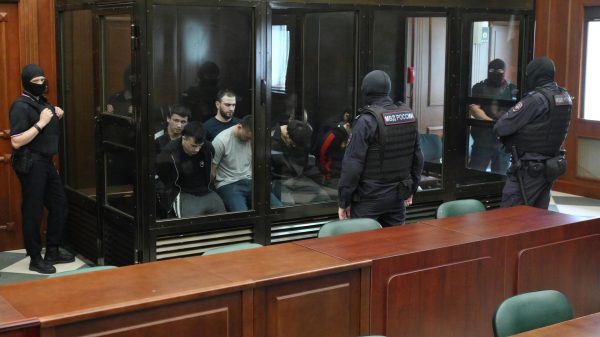







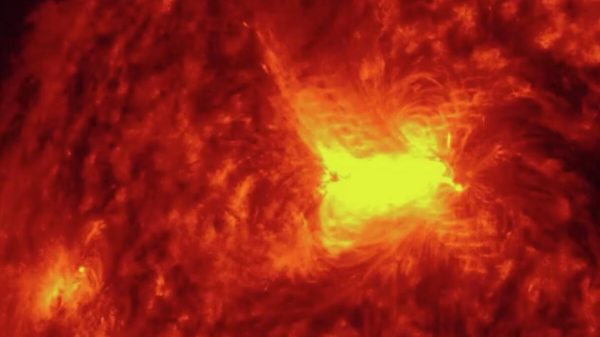














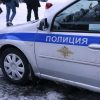


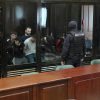
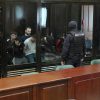

















Свежие комментарии